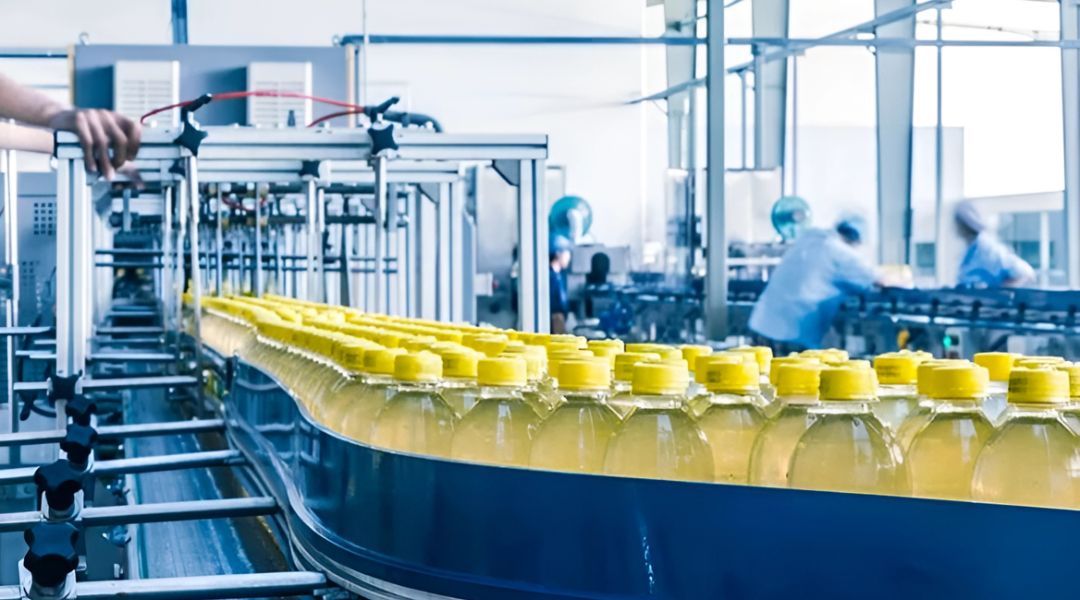
Coca-Cola has spent over $2bn to reduce their water use and improve water quality wherever they operate since 2003. This investment is in fact only one example of how much companies globally are starting to spend on water.
Nearly 20 years after the World Bank began warning of a looming water crisis, the combination of an ever increasing population, a growing global middle class and climate change is putting an increasing stress on water supplies. For companies – from multinational corporations to small businesses – this has led to higher costs for a resource that has long been considered a ‘free resource’ and has been taken for granted.
- Nestlé, one of the world’s biggest food companies, set aside SFr38m ($43m) for water-saving and wastewater treatment facilities at its plants last year.
- In Australia a subsidiary of BG Group, the British oil and gas company, has launched a A$1bn ($938.7m) water monitoring and management system that will pipe treated water from its gasfields to boost water supplies for farmers and towns.
- Antero Resources, a US shale gas company, plans to spend $525m on a pipeline to carry water to its operations, boosting the reliability of its supplies.
- Rio Tinto and BHP Billiton have launched a $3bn desalination scheme in Chile that will pump treated seawater up 10,000ft to a jointly owned copper mine, cutting their use of fragile local water supplies.
- Ford, the carmaker, has built a $2.5m water treatment system at its Pretoria assembly plant in South Africa that is increasing water reuse up to 15 per cent. “We see it as definitely an emerging issue that we feel we need to address,” says John Viera, global head of sustainability.
Companies have spent more than $84bn world wide since 2011 to improve the means and methods in which they conserve, manage or obtain water. The reasons for each investment differ. Some are driven by physical water shortages, others by new industrial processes requiring water in greater quantities or of higher quality. Other companies want to show customers they care about water conservation. Some are motivated by new environmental regulations requiring better wastewater treatment.
But the bottom line is Water scarcity is starting to hit the balance sheets of multinationals – One executive with little doubt about the rising costs of water is Peter Brabeck, chairman of Nestlé. He has been at the forefront of corporate efforts to draw attention to water scarcity, a problem he believes is still not taken as seriously as it needs to be. “Humankind is running out of water at an alarming pace,” he says. “We’re going to run out of water long before we run out of oil.”
